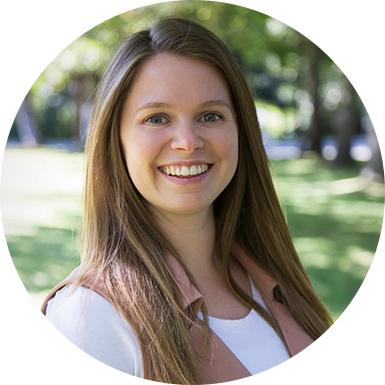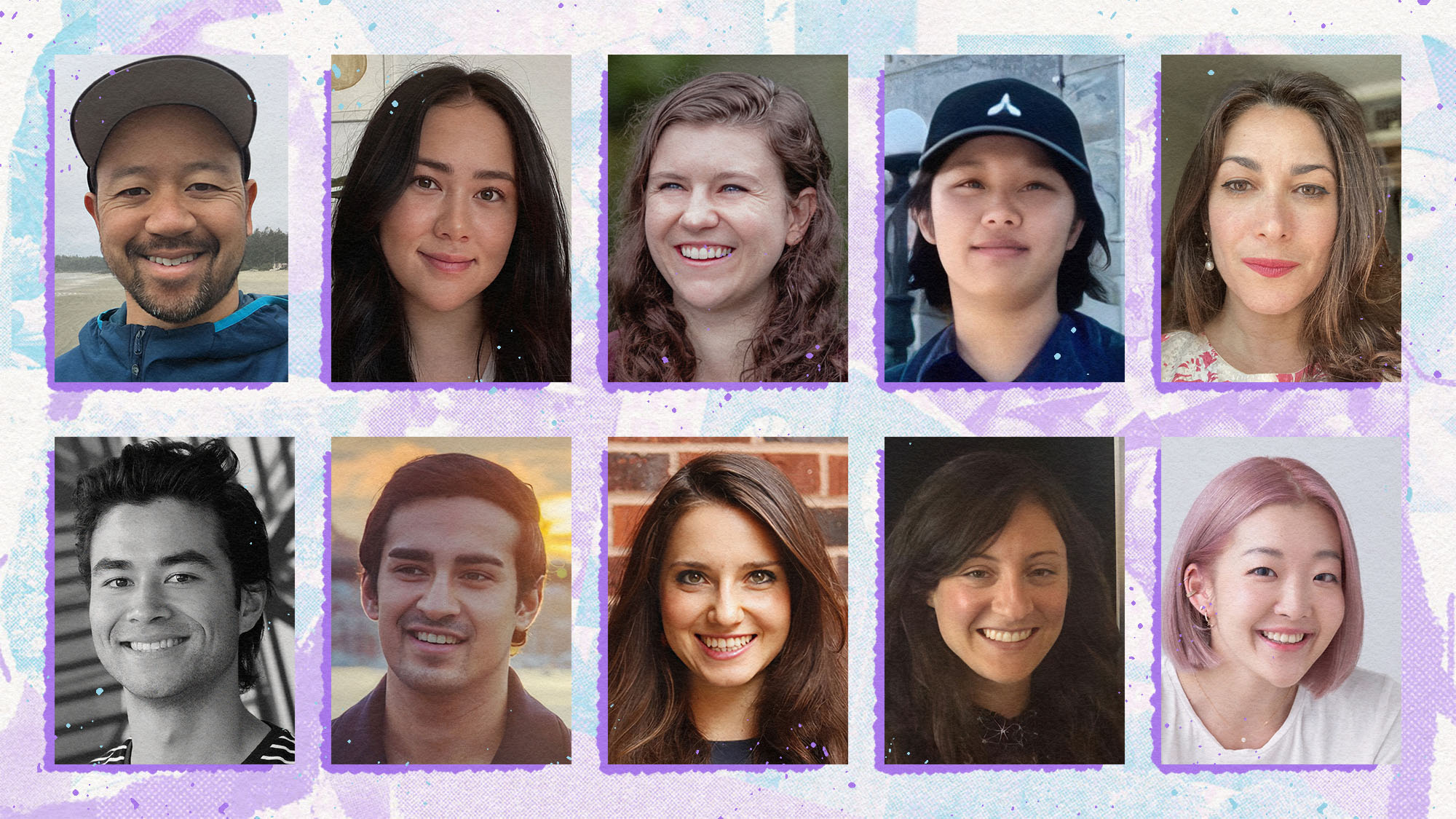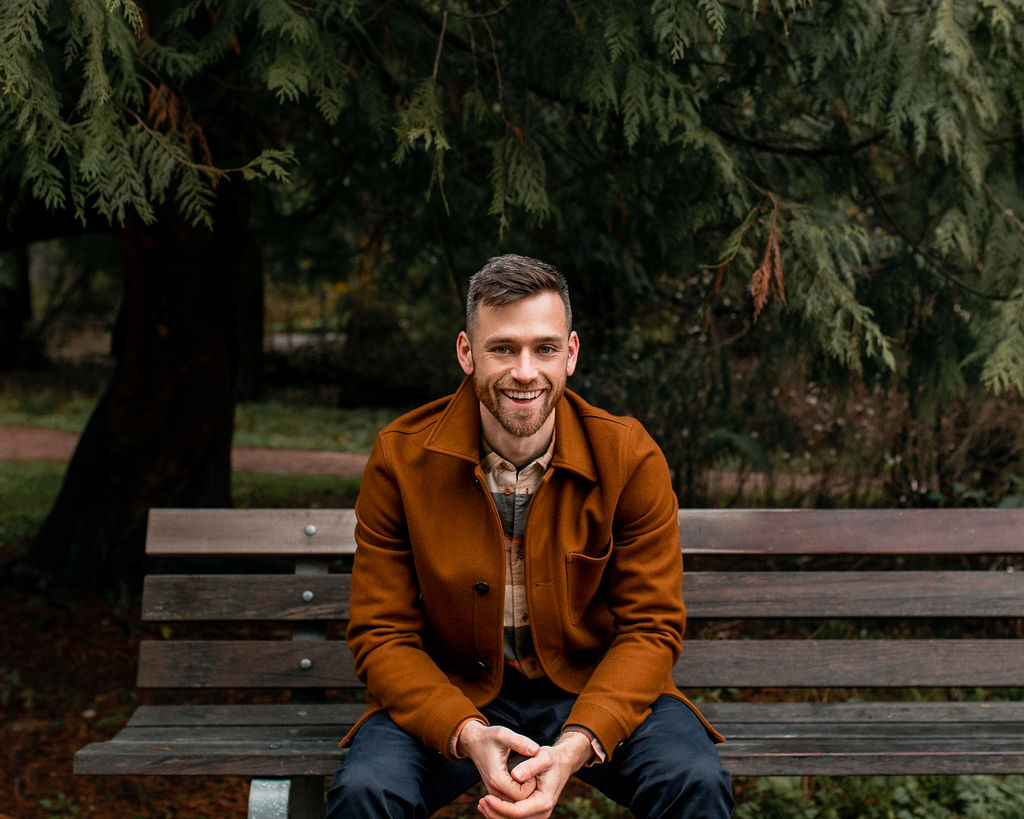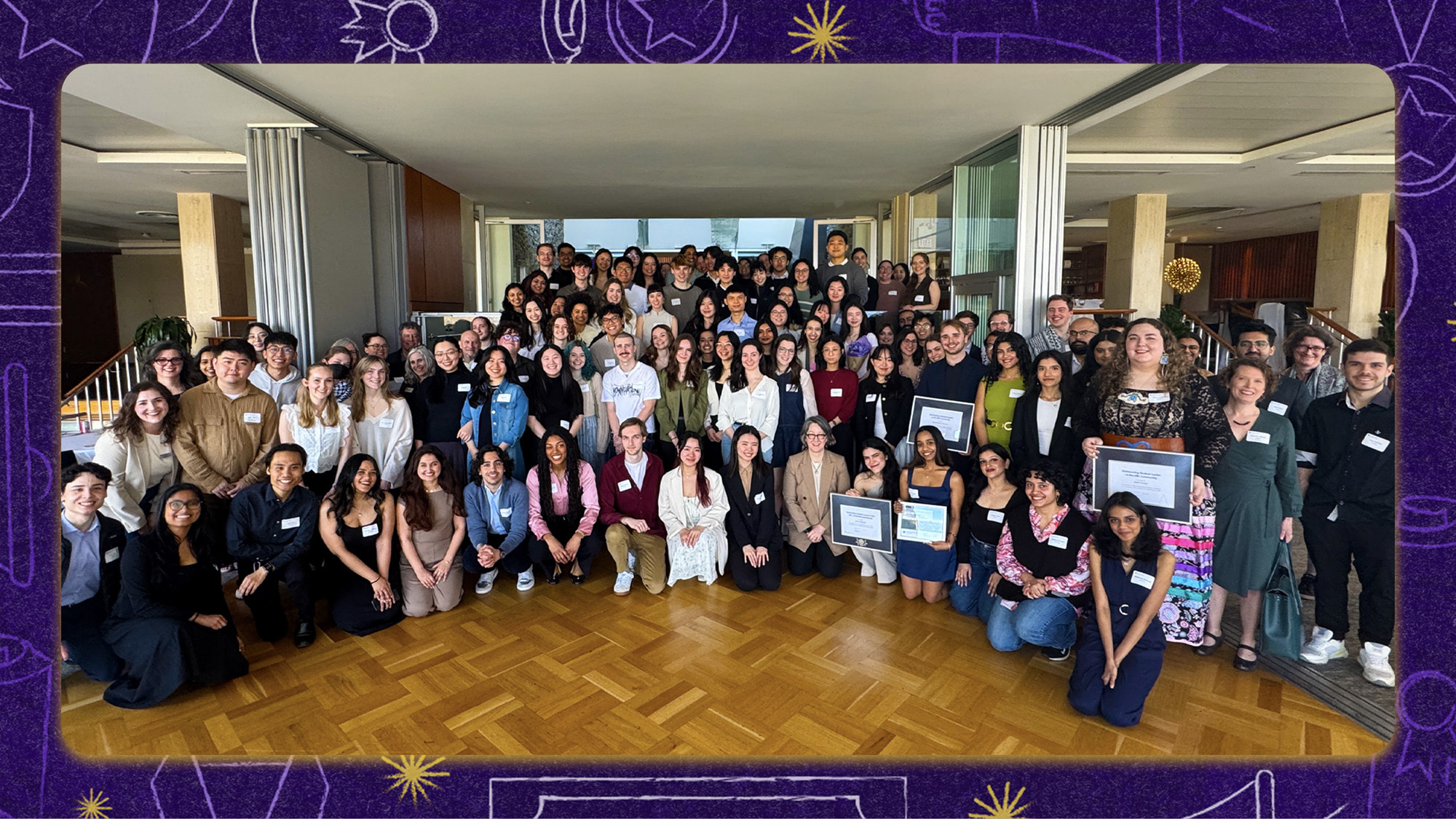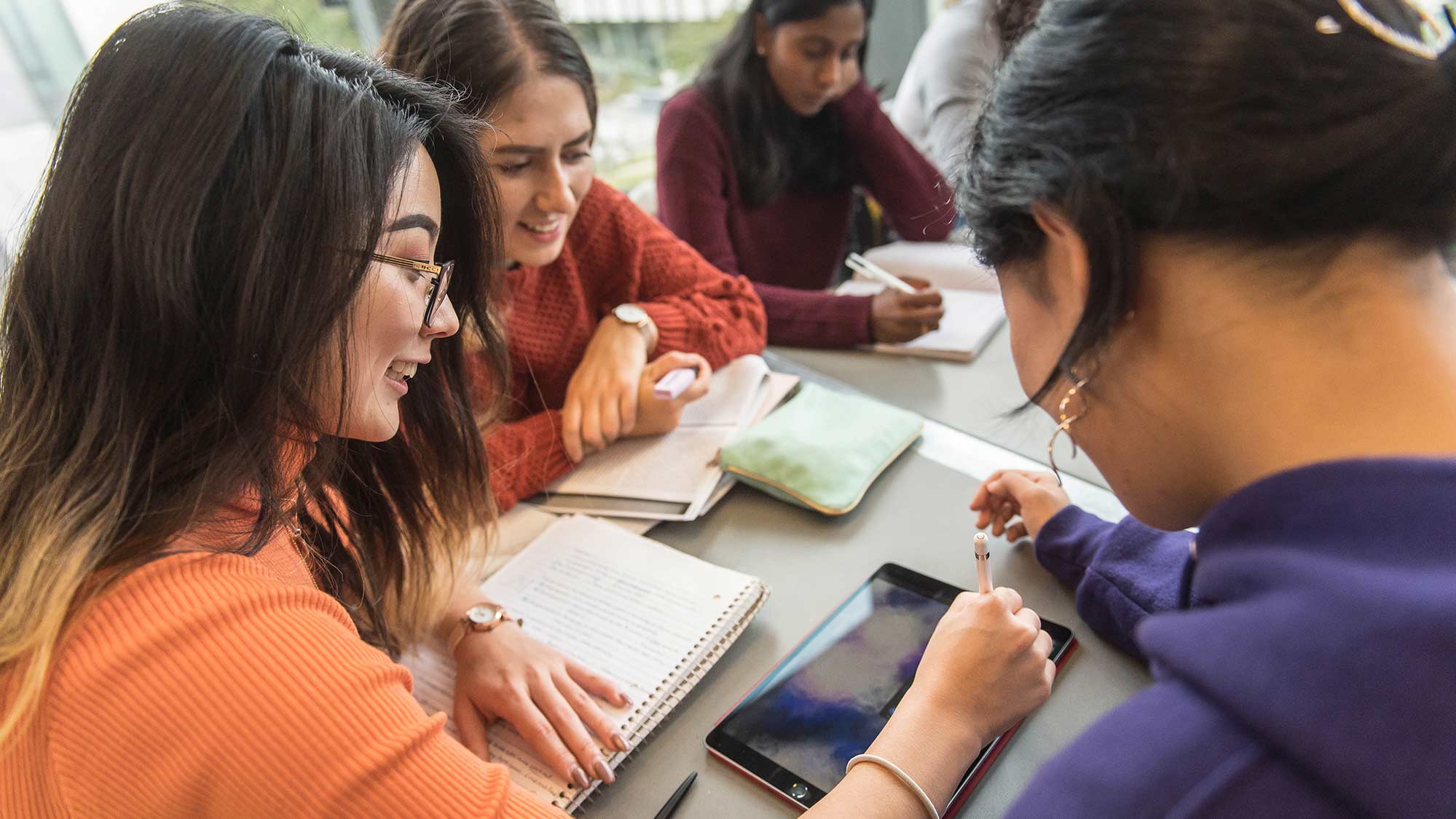

Originally written by Juliana DeSouza from the UBC Career Centre
What do an entrepreneur, digital marketer, and CEO have in common? All three leveraged personal interests and experiences to design careers they care about, starting with coursework and co-curricular activities during their undergraduate UBC Arts degrees.
As you navigate your first year at UBC, consider the benefits of “design thinking” to make the most of your experience.
Design thinking is a mindset borrowed from the world of design, used to solve problems creatively. It was originally popularized by technology companies, and later adapted for individuals by Bill Burnett and Dave Evans, two faculty members at Stanford University, in their book Designing Your Life.
Their approach applies the principles of design thinking to the question, “What do I want to do with my life?”
Design thinking can be applied to your UBC experience in many ways: through curiosity, experimentation/prototyping, asking for help, trusting the process, and reframing. Adding this approach to your UBC “toolkit” can help you make the most of your Arts degree experience, and build skills useful after graduation.
Be curious
Human beings are naturally curious, but sometimes we forget how empowering curiosity can be. In the classroom, be curious about the skills you are learning and how they can be applied to the world of work.
Skills like research, data interpretation, comparing/contrasting ideas and information, making projections, and thinking logically are some of the many skills you are learning throughout your Arts degree. Employers in different areas, including government, consulting firms, technology, and banks, hire people with these skill sets. Use your curiosity to learn more about these opportunities and let go of any limiting stereotypes you may have about a career with an Arts degree.
By paying attention to what you are curious about, you may find new ways to explore your curiosities through coursework and outside of classroom experiences. In time, these curiosities will form part of the story you tell to prospective employers or in applications for graduate and professional schools.
Run experiments
Co-curricular activities including clubs, the Arts Undergraduate Society, Arts Co-op, and others are great ways to build skills and learn more about your likes and dislikes. Organizing events, managing social media channels, and budgeting are tasks you can try out while pursuing your degree. You won’t know if you like something until you have tested the waters.
Also, live vicariously through Arts alumni experiences. Talk with them to learn about the choices they made as students, and what they’re doing now. These curiosity conversations are a great way to check your assumptions about specific careers and learn from those who have gone before you.
No need to wait until your senior years to start acting on these conversations. You can start now by attending events like Arts Career Conversations through The Compass: Arts Student Engagement Hub.
Collaborate
Professors, classmates, alumni, friends, family members, academic advisors, and career educators are people who can help you design your first-year experience.
As you start to envision what that experience may look like, share your initial thoughts with them to help you create a plan that will work for you.
Inviting others into this conversation can bring empathy and diverse perspectives, as well as generate new ideas and ways for you to move forward. You don’t need to figure out things on your own: embrace collaboration!
Be mindful of the process
Start where you are. The process that will help you design your career path begins now, as you experiment during your degree. Accept where you are in the process of designing your degree and your life, trusting that the process will yield good results. Resist the urge to compare yourself with what others are doing, and pay attention to your own process and what you learn about what matters to you.
Reframe
There is a lot of power in the way we choose to frame things.
Often, we go into situations with beliefs about how they will turn out. In design thinking these are called “dysfunctional beliefs” because they presuppose an outcome that could limit your experience.
Start to practice one of a designer’s most powerful tools: reframing problems to allow you to move beyond them, and achieve the full potential of the moment. Here are some examples of what reframing looks like:
I have no idea what I want to do → I have the opportunity to explore many things that interest me
I need to pick the right major next year → There is no singular “right” path to take, I can change my mind as I learn about myself and my career interests
My Arts degree won’t lead to a successful career → Arts alumni are living successful career lives
Now that you are familiar with the five mindsets of Designing Your Life, you can apply them to design a better first year experience by building and testing your ideas and assumptions as you move forward. Good luck!
